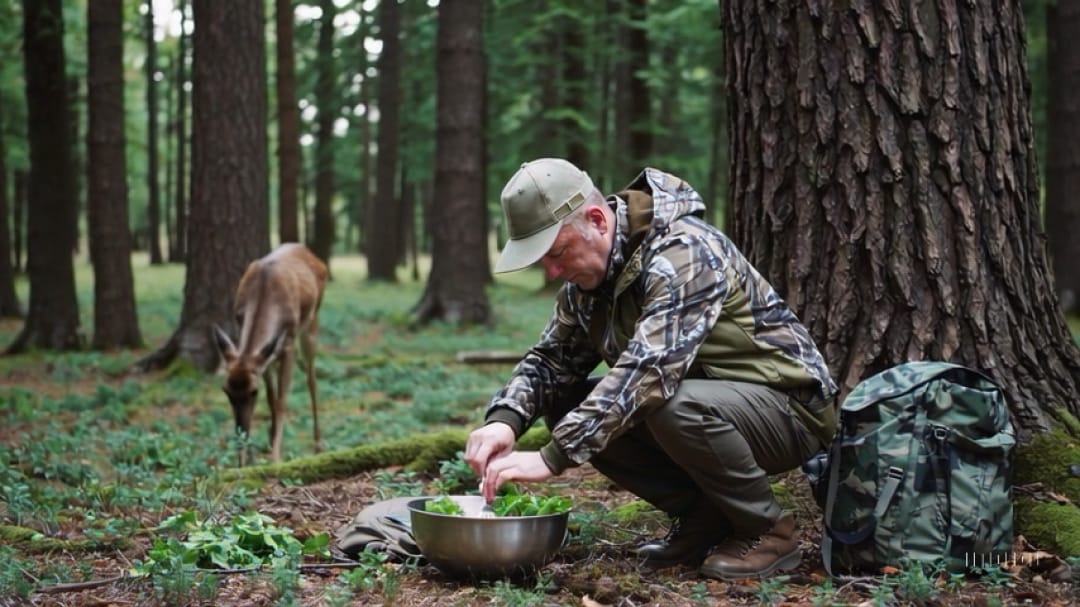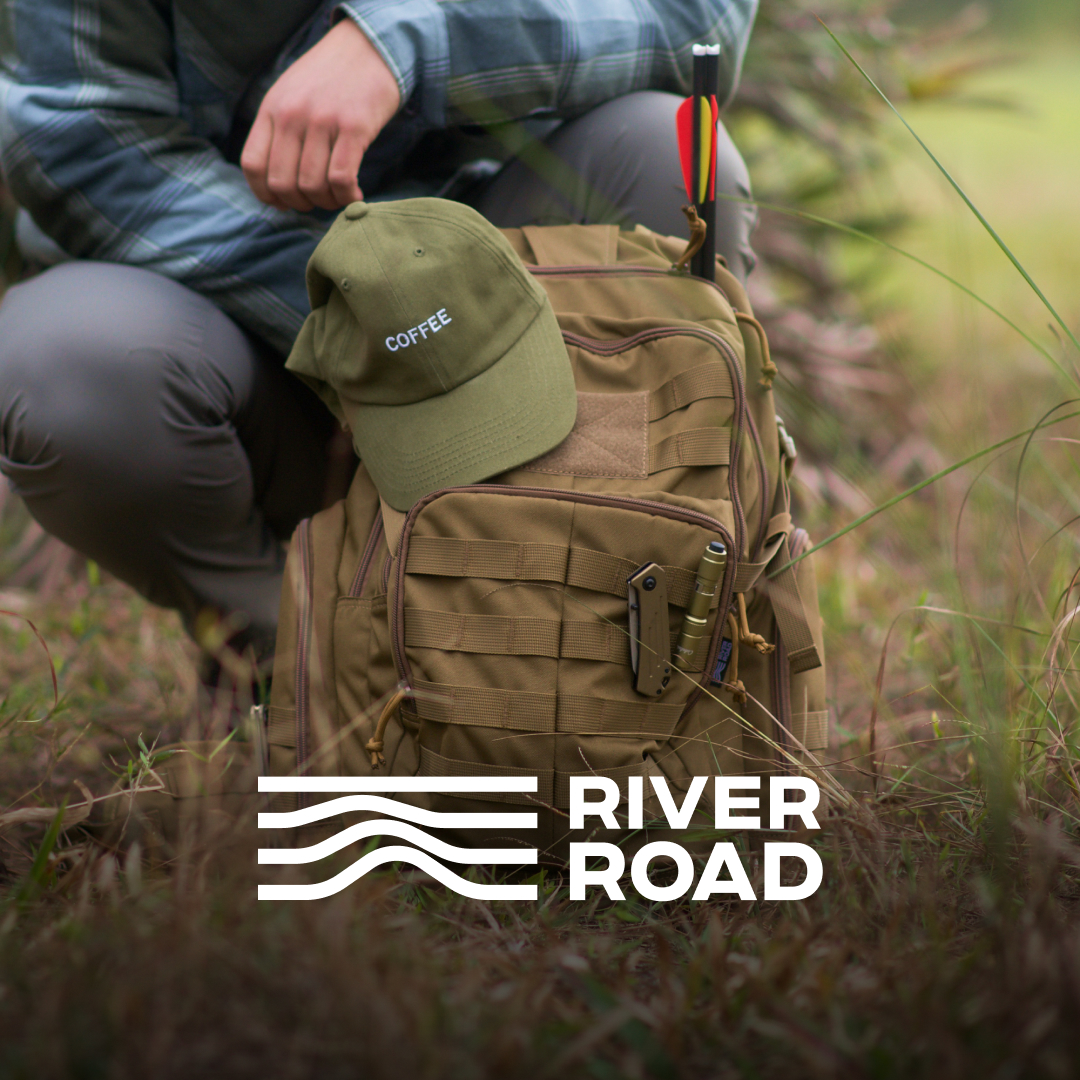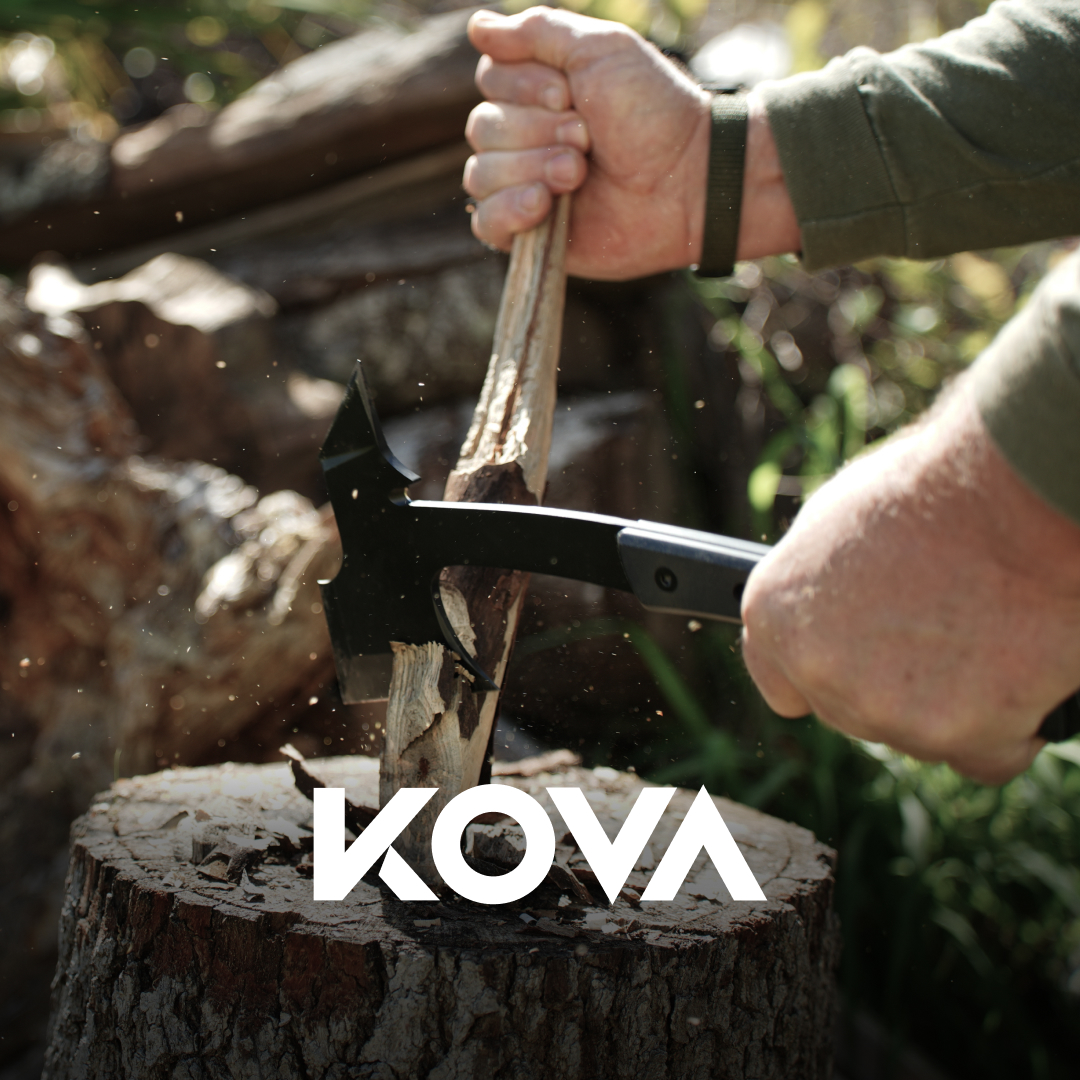Discover the vegan and hunting paradox—exploring vegan hunting ethics, sustainable hunting practices, and how conservation hunting and biodiversity efforts can serve as a sustainable alternative to factory farming. For those who are new to this concept, it might seem impossible to reconcile a vegan lifestyle with the practice of ethical hunting. Yet, a growing number of individuals—vegan hunters—are finding ways to align these seemingly conflicting ideals. They argue that embracing vegan hunting ethics is not a contradiction, but rather a balanced approach to wildlife management, environmental protection, and respect for natural ecosystems.
Understanding Sustainable Hunting Practices
Sustainable hunting practices involve carefully managing wildlife populations to maintain ecological balance. These methods ensure that no species is overexploited, allowing ecosystems to remain healthy and productive. For many vegan hunters, this approach resonates more than relying on mass-produced animal products:
- Reduced environmental impact: Ethical and sustainable hunting practices help avoid the devastating ecological footprint of factory farming.
- Biodiversity conservation: Controlling certain species through hunting can prevent overpopulation and protect other plants and animals.
- Local ecosystem support: Well-regulated hunting can support local communities, providing a more natural and responsible solution to population management.
Internal link suggestion: For more on wildlife management principles, consider reading our guide on How Sustainable Agriculture Supports Local Ecosystems.
Exploring the Vegan and Hunting Paradox
The vegan and hunting paradox challenges conventional thinking. Traditionally, vegans are associated with complete non-violence towards animals. However, proponents of this paradox argue that certain forms of hunting can align with the core vegan principles of minimizing harm and preserving life by:
- Engaging in ethical hunting approaches that do not support the meat industry.
- Participating in wildlife management through hunting, where the primary goal is ecological balance rather than consumption.
- Rejecting industrial agriculture and reducing reliance on factory farming, which often causes mass suffering and environmental degradation.
External link suggestion: For authoritative insights on conservation and wildlife management, visit the World Wildlife Fund (WWF).
Conservation Hunting and Biodiversity: The Environmental Benefits
Conservation hunting and biodiversity go hand in hand. Some vegan hunters and environmentalists view controlled hunting as a practical tool for maintaining equilibrium in ecosystems. When species become too numerous, they can strain resources, reduce habitat quality, and harm other species. By applying eco-conscious hunting methods, hunters can:
- Help maintain genetic diversity within populations.
- Prevent the collapse of certain habitats by avoiding overpopulation.
- Support long-term sustainability and resilience of local flora and fauna.
This holistic view of ethical hunting approaches treats the activity as a form of guardianship rather than exploitation.
Hunting as a Sustainable Alternative to Factory Farming
In a world increasingly concerned about climate change and resource depletion, some vegans argue that hunting as a sustainable alternative to factory farming makes sense. Industrial agriculture often results in:
- Massive greenhouse gas emissions
- Deforestation and habitat loss
- Unsustainable water usage
Meanwhile, responsible and plant-based hunters who choose not to consume the animals they harvest focus on maintaining ecological balance rather than feeding into a destructive system. By doing so, they envision:
- Reduced factory farm impact: Less demand for mass-produced animal products.
- More respect for wildlife’s natural cycles.
- A proactive role in conservation, rather than passive consumption of unethical products.
Ethical Hunting Without the Meat: The Vegan Hunter’s Approach
For vegan hunters, the concept of not consuming the animal post-harvest is central. This might seem contradictory, but their logic is as follows:
- They engage in the hunt to maintain wildlife management through hunting, not to satisfy a desire for meat.
- By choosing not to eat the animal, they position themselves in direct opposition to the meat industry and factory farming.
- The act becomes about experiencing nature firsthand, practicing self-sufficiency, and honoring the ancient traditions of living off the land—without supporting modern factory farming systems.
Embracing History and Modern Values Simultaneously
Hunting has been central to human survival for millennia. Modern vegan hunters see this as a bridge between past and present:
- Ancient roots: Historically, humans hunted to survive. Modern ethical hunters tap into this heritage, understanding the deep connection between humans and nature.
- Modern ethics: Today’s vegan hunters combine those ancient skills with modern ethical frameworks. They use tools and knowledge that allow them to minimize suffering while supporting ecological balance.
Balancing Personal Ethics and Environmental Responsibility
The practice may raise eyebrows, but vegan hunting ethics rest on the belief that it’s possible to engage with wildlife responsibly, minimize harm, and reduce dependence on harmful industries. As a result, it forms a nuanced middle ground—an eco-friendly hunting philosophy that resonates with those seeking to protect nature while adhering to plant-based values.
P.S.
The vegan hunting paradox may challenge our conventional understanding of what it means to respect animal life. Yet, for a growing number of people, this blend of vegan hunting ethics, conservation hunting and biodiversity efforts, and sustainable hunting practices represents a meaningful shift. It’s about recognizing the interconnectedness of all life and finding responsible, humane, and ecologically sound methods to preserve it. While it may never be a universally accepted practice, its very existence expands our understanding of sustainability, ethics, and the human-nature relationship.










